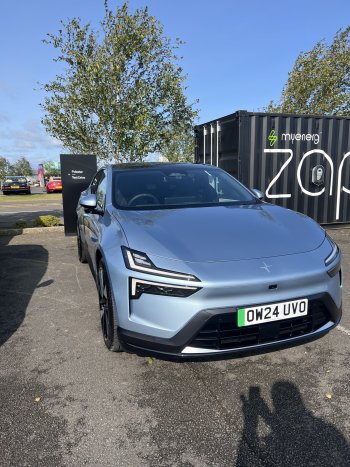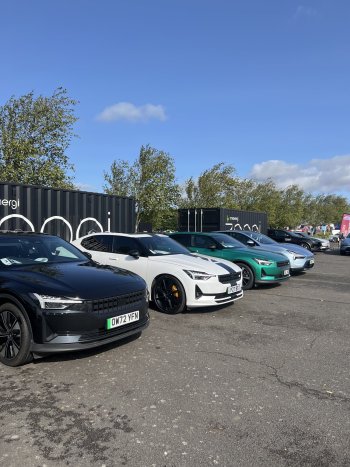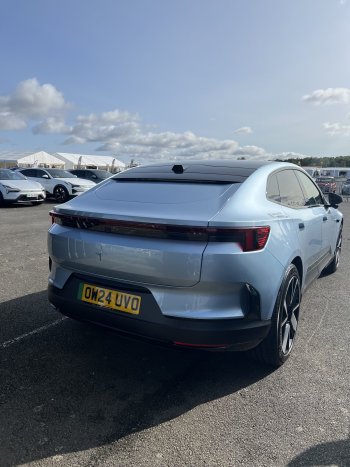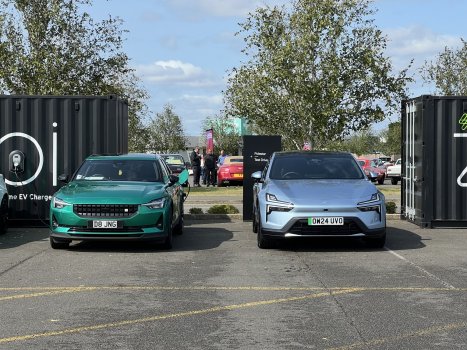We ship lights for photography and there are specific carriers you have to use with lights with larger batteries. Also if the light is new and hasn’t had all its certification done yet, it’s a real pain.The international marine shipping rules for transporting EVs are a lot more strict than for transporting ICE automobiles. This is not necessary because a vehicle being electric or not, but because of the battery. Even in the Alaska US waters we have had lithium-battery fires in ships transporting batteries. The rules for transporting and shipping batteries are more strict for the same reasons. A simple example as follows: I live in Alaska, and quite a lot of companies in the States South of the Canadian border (we call them "Lower-48 States) do not ship the individual lithium battery packs to consumers in Alaska. I can buy (online) most instruments, laptops, cameras, and so on, however. But the only way I can buy a battery pack is at the local stores where I pay a higher price than in Amazon and other stores. I need to buy two cylindrical-shaped battery packs for a couple of metal detectors I have, but so far none are found at the Alaska stores.
By the way, my comments above have nothing to do with EV versus ICE vehicular fires. Fire departments around the world, insurance companies, the marine, land, and air transport industries...all have the safety instructions relating to the transport of chemicals, flammable materials, EV's, ICE automobiles, and so on. Anybody in this forum can easily search for and read all the safety instructions I have referred to.
Mind you shipping oil isn’t great either. All those leaks that have happened over the years.





